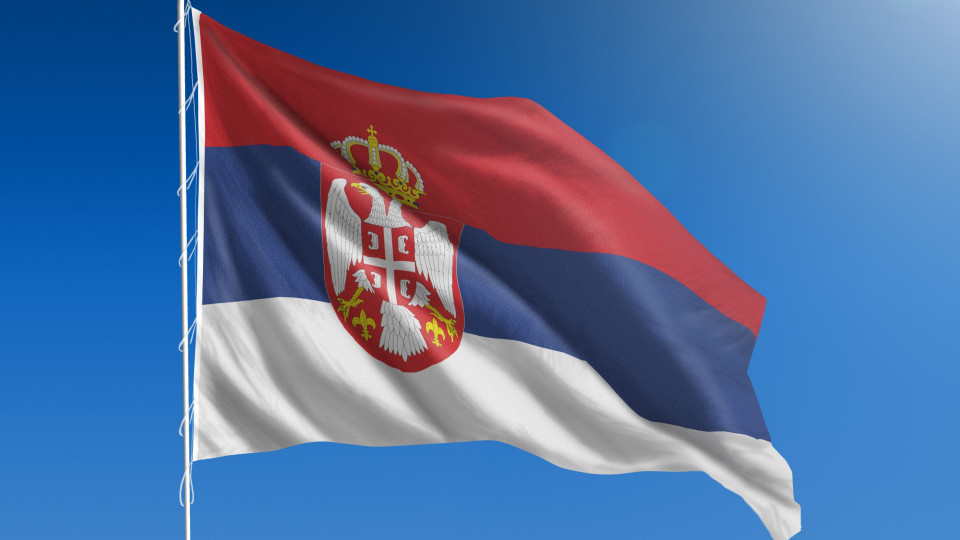Serbia ‘proud’ after UN vote ‘failed to stigmatise’
Serbian President Aleksandar Vucic said his nation was "proud" after the United Nations General Assembly overwhelmingly approved a resolution declaring an international day of commemoration for the Srebrenica genocide.

© Reuters

Mundo Sérvia
The resolution provides for the annual commemoration, on July 11, of the International Day in Memory of the Srebrenica Genocide, and was approved by a vote in the General Assembly by 84 votes in favour, 19 against and 68 abstentions.
In July 1995, five months before the end of the civil war that began in Bosnia-Herzegovina in the spring of 1992, about 7,500 Bosnian Muslim men and boys of fighting age were killed following the military assault by Bosnian Serb forces on this enclave in the west.
The Serb forces sent the women, children and elderly to areas controlled by the Bosniaks (Bosnian Muslims), and indicated that most of the victims were killed in combat when thousands of detainees, many of them armed, escaped from the detention centres in Srebrenica and tried to break through the Serb lines towards territories controlled by the Armija, their army. Many were summarily executed.
"What was the purpose of this resolution? To assign blame to one side, to the people of Serbia and to Republika Srpska [RS, the Serbian entity of Bosnia-Herzegovina]. Frankly speaking, and speaking of legitimacy, this has failed," Vucic said in his closing speech before the multilateral body.
However, he admitted "the terrible mistakes and terrible crimes committed by some of my compatriots" during the Bosnian civil war (1992-1995) and said he was committed to "maintaining peace, stability and credibility" in his relations with the Bosnian (Muslim) minority in Serbian territory.
The Serbian executive chief had warned the General Assembly, shortly before the vote, that the recognition of this event "would open Pandora's box" and imply "a regional division and crisis" in the Balkans.
At the same time, the president of Republika Srpska, Milorad Dodik, had been indicating in recent days that, if the resolution were approved, he would proclaim the independence of the entity and its accession to Serbia, a decision that he will probably postpone again.
In 2004, the defunct International Criminal Tribunal for the former Yugoslavia (ICTY), an ad hoc UN court based in The Hague, determined that the crimes committed in Srebrenica in July 1995 constituted genocide, a determination supported by the International Court of Justice (ICJ), the United Nations' principal judicial body, in 2007.
"The Tribunal established beyond reasonable doubt that the death of 7,000 to 8,000 Bosnian Muslim prisoners was genocide," the ICTY announced at the time.
Subsequently, international justice convicted several senior Bosnian Serb officials, including political and military leaders Radovan Karadzic and Ratko Mladic, both serving life sentences.
The resolution's sponsors include the United States and the United Kingdom, along with many countries of the European Union (EU) and the Organization of Islamic Cooperation (OIC), in addition to all the countries that made up the former Yugoslavia, with the exception of Serbia and Republika Srpska (RS).
In the aftermath of the vote, Belgrade will also have welcomed the fact that the votes against and the abstentions exceeded the votes in favour of the initiative put forward by Berlin and Kigali.
Read Also: UN. Resolution on Srebrenica "does not contribute to overcoming horrors" (Portuguese version)

Descarregue a nossa App gratuita.
Oitavo ano consecutivo Escolha do Consumidor para Imprensa Online e eleito o produto do ano 2024.
* Estudo da e Netsonda, nov. e dez. 2023 produtodoano- pt.com



